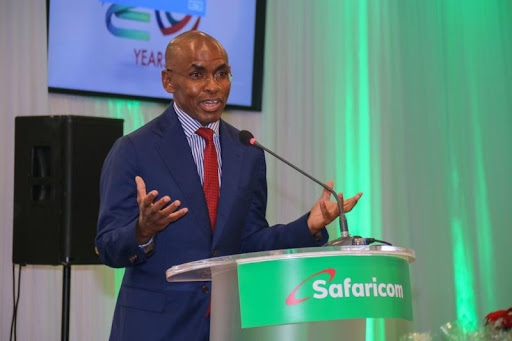The recent protests in Kenya, sparked by a sense of dissatisfaction and frustration with the government, have shed light once again on the issue of police brutality and extra-judicial executions in the country.
It is disheartening to see, 13 years after the promulgation of the world’s most progressive constitution; we are still being deprived of rights under Article 37, which guarantees the freedom of peaceful assembly. This should be a cause for concern for all citizens, and it is high time that our Inspector General of Police, Japhet Koome, stops playing hide and seek on this crucial matter.
Amidst the chaos that ensued during the protests, instead of taking responsibility for their actions, the police resorted to blaming others. They pointed fingers at hooligans and licensed gun owners, but failed to acknowledge their own role in the escalating violence.
It is an all too familiar narrative, one that we have seen repeated time and again in the face of police brutality. This deflective approach only exacerbates the distrust and anger within the population, and it is high time that the IG breaks this pattern.
Furthermore, the police's tendency to attribute the victims of police brutality to outside forces is deeply troubling. The recent claims that unnamed individuals are hiring bodies from mortuaries to cast a false image of police brutality victims is absurd and disrespectful to the countless lives that have been lost at the hands of law enforcement.
It is an attempt to evade accountability and manipulate public perception. If the police truly have nothing to hide, they should be willing to face the truth and engage in honest dialogue with the Kenyan people. This hide and seek game undermines the very essence of justice and the rule of law that we strive for as a nation.
The issue of police brutality and extra-judicial executions in Kenya is not a new phenomenon. It has persisted for far too long, with countless reports of misconduct and abuse by law enforcement officers.
The lack of accountability and justice only perpetuates a culture of impunity within the police service. This unchecked power bestowed upon them undermines the trust and confidence of the citizens they are meant to protect and serve.
The role of the IG, as the independent commander of the National Police Service, is crucial in ensuring that the police operates within the confines of the law and respects the rights of all citizens. It is his duty to hold officers accountable for their actions, investigate allegations of police brutality and provide a transparent and fair process for justice to be served.
However, the continued evasion and deflection on the part of the IG sends a clear message that the police is not committed to upholding these principles.
The consequences of this hide and seek game are far-reaching. It erodes the trust between the police and the community, hindering effective law enforcement efforts. When citizens no longer believe that the police can protect them, they may be less inclined to cooperate or provide vital information, thus jeopardising public safety. Additionally, the lack of accountability for police misconduct perpetuates a cycle of violence, as officers are emboldened to continue their abusive practices.
In order to break this cycle, the IG must take immediate action. Transparency and accountability should be at the forefront of their approach. They must acknowledge the existence of police brutality and extra-judicial executions in Kenya, and work towards implementing measures to prevent such incidents from occurring in the future.
This includes thorough training for police officers in human rights and ensuring that officers found guilty of misconduct face proper disciplinary action.
The time for hide and seek is over. Kenyans deserve a police service that respects their rights, protects their safety, and operates within the boundaries of the law.
It is the duty of the IG to lead this transformation, to acknowledge the concerns of the citizens they serve and to work towards a future where police brutality and extra-judicial executions are not part of our daily reality. The time for change is now, and it starts with the IG stepping out from the shadows and facing the truth.
Lawyer and executive director, Muslims Human Rights







